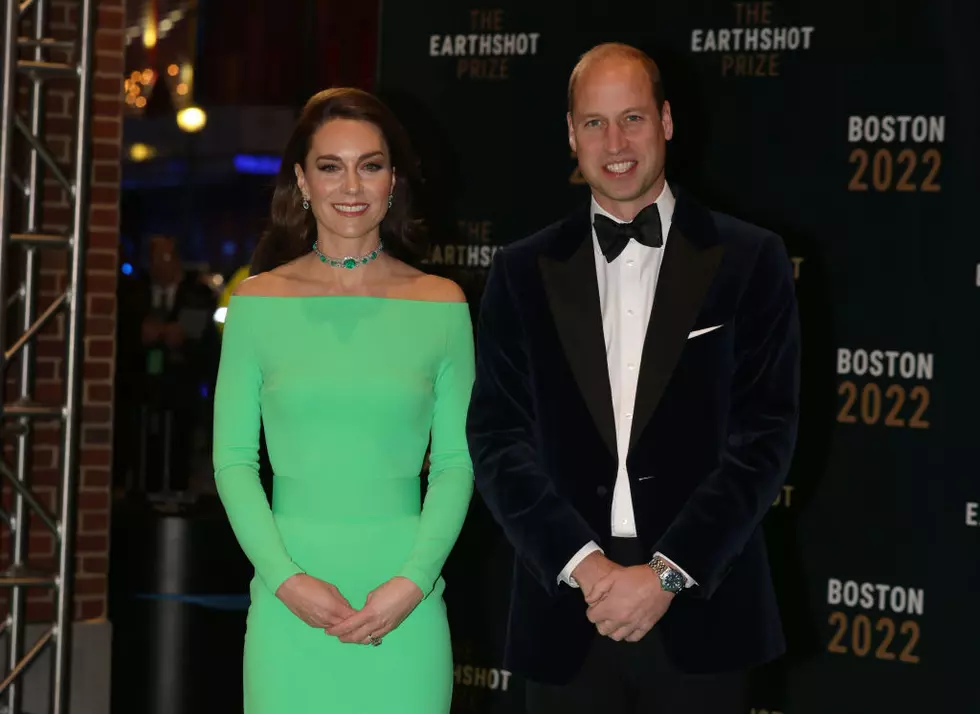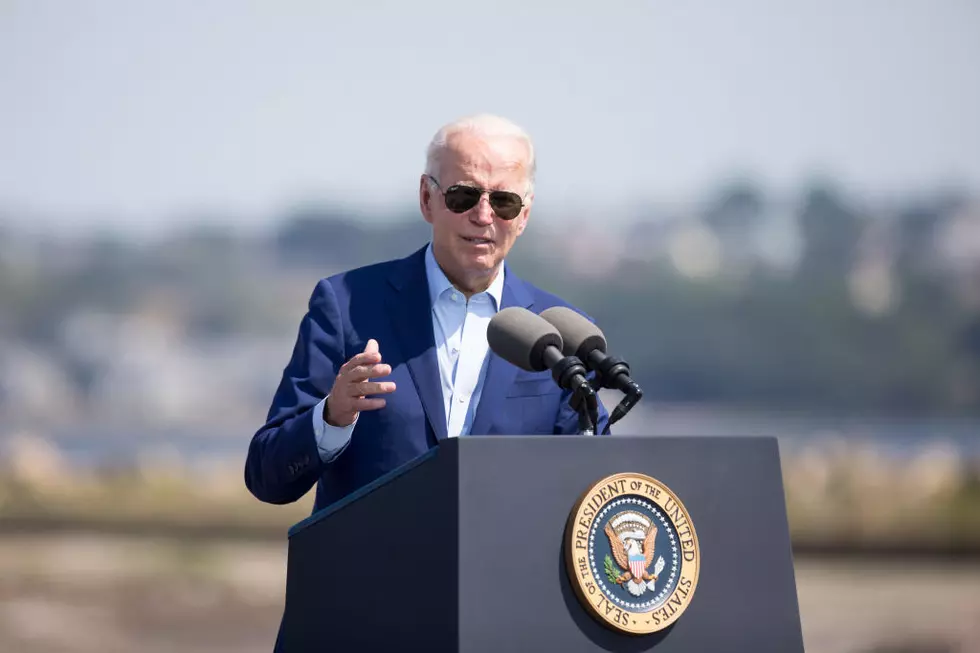![Biden Pays Homage to Armenians [PHIL-OSOPHY]](http://townsquare.media/site/518/files/2021/04/GettyImages-1314248741.jpeg?w=980&q=75)
Biden Pays Homage to Armenians [PHIL-OSOPHY]
Congratulations are in order for President Joe Biden, Armenian Americans, and the Armenian community around the world.
In a presidential proclamation honoring the 106th anniversary of the Armenian massacre and Armenian Genocide Remembrance Day, President Biden is using the term genocide in describing the annihilation, atrocities, and forced deportations of millions of Armenians.
Until now, not one of our presidents has ever used the term genocide in U.S. policy to state the accurate historical facts that the Ottoman Empire's extermination resulted in, forcing the expulsion of two million Armenians, 1.5 million of whom were brutally killed.
The Armenian people are equally to be admired and praised for inspiring the world by their eternal insistence that what the Ottoman Empire lashed upon the Armenian people must be recognized as the bloodshed of a historic genocide.
History is important here because history directly influences and shapes our perception of the world. Clearly then, the telling of accurate history can be a powerful tool to provide justification for some concepts, while avoiding history unjustly discredits those ideas.

I'm not talking about strategic military bases or U.S-Turkish relations here. I'm talking about something much more essential. In plain English, something that is an accurate page of history that the Armenian people are entitled to, to say nothing of the Turks.
Phil Paleologos is the host of The Phil Paleologos Show on 1420 WBSM New Bedford. He can be heard weekdays from 6 a.m. to 10 a.m. Contact him at phil@wbsm.com and follow him on Twitter @PhilPaleologos. The opinions expressed in this commentary are solely those of the author.
LOOK: Here are the biggest HBCUs in America
More From WBSM-AM/AM 1420








![Now Charlie Baker Sees the ‘Crisis’ at the Border [OPINION]](http://townsquare.media/site/518/files/2016/12/Trump-and-Baker.jpg?w=980&q=75)
